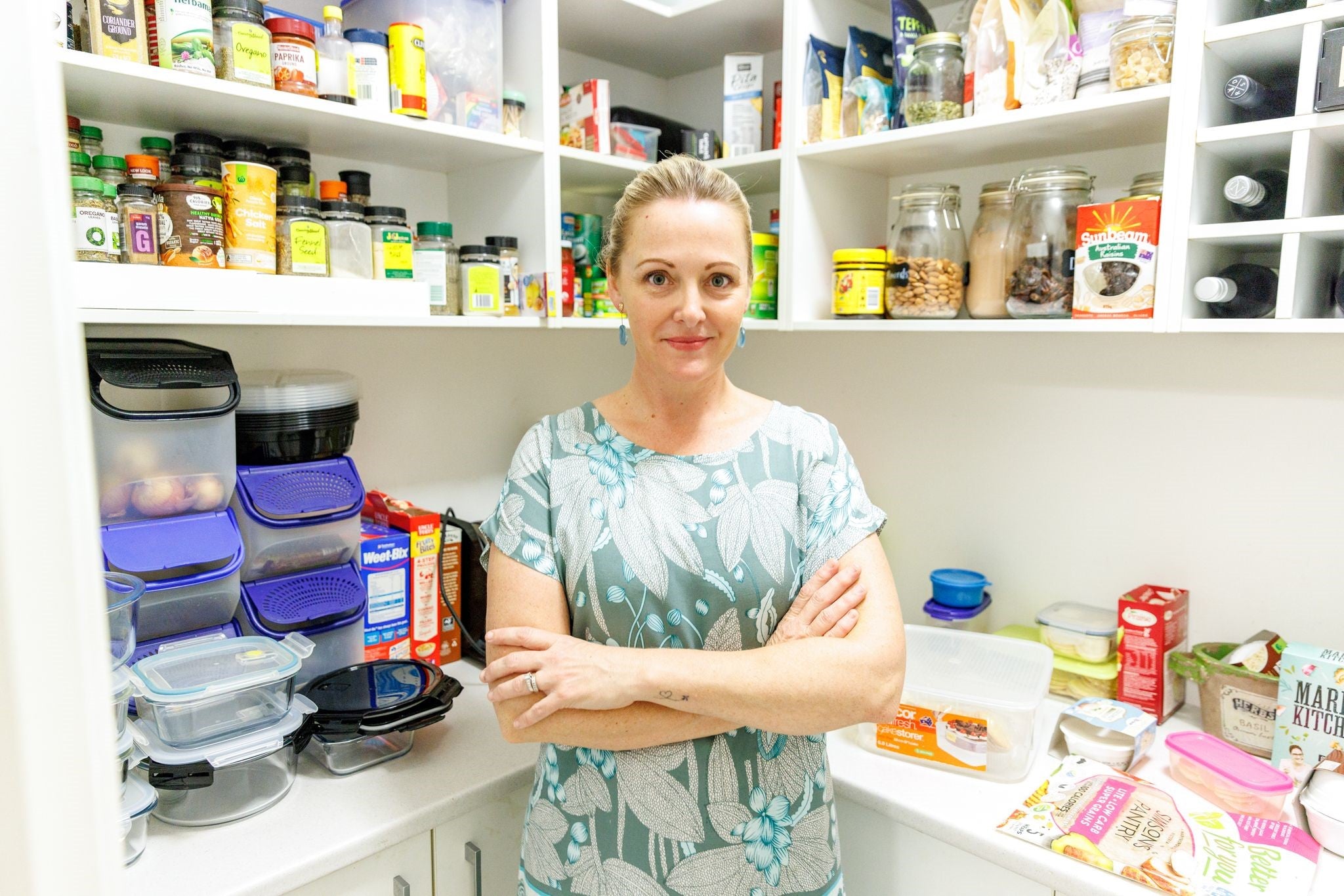Household chores often fall disproportionately on one person—frequently Mum—and this imbalance not only affects her well-being but can also create tension within the family. The mental load of keeping a home organised and tidy is real, and it’s about time we addressed it head-on. Here are some practical ways to distribute household responsibilities fairly and reduce the mental load on any one family member.
Acknowledge the Mental Load
The first step in managing the mental load is acknowledging that it exists and understanding its impact. Often, the mental load is invisible, composed of planning, remembering, and organizing tasks rather than just executing them. Recognise the effort involved and validate the feelings of the person primarily carrying this burden.
Family Meetings
Hold regular family meetings to discuss household responsibilities. These meetings are a chance to assign tasks based on age, ability, and interest, rather than defaulting to who usually does what. This approach not only clarifies expectations but also involves everyone in the decision-making process, making them more likely to take ownership of their tasks.
Clear Task Allocation
Be specific about what each task entails and who is responsible for it. Instead of saying “take care of the living room,” break it down: “Please vacuum the rug, dust the surfaces, and tidy the magazines.” Clear instructions help prevent misunderstandings and ensure that everyone knows exactly what’s expected.
Set Up Systems
Create systems that make it easy for everyone to participate. For example, have bins in each room where things can be placed if they don’t belong there. At a set time each week, everyone is responsible for emptying the bin in their room and putting things back where they belong. Systems like these reduce the need for constant reminder which in itself is draining and frustrating.
Use Chore Charts or Apps
Consider using chore charts or household management apps where tasks can be checked off upon completion. This visibility can motivate family members and help distribute the mental load of remembering who needs to do what. Apps like Tody or Cozi Family Organiser can track chores and schedules.
Rotate Chores
Rotate chores regularly to prevent monotony and resentment. This helps all family members appreciate the effort involved in various tasks and prevents any single person from becoming burdened with a particularly unpleasant job for too long.
Emphasise Teamwork
Frame household chores as a team effort. Celebrate when tasks are completed and occasionally reward the family with a group activity or treat. This can help transform chores from individual drudgery into a contribution to the family’s collective well-being.
What If You’re Going It Alone?
In households where one person must take on the majority of the work due to circumstances like single parenthood or an uncooperative partner, it’s important to set realistic standards and possibly lower expectations for cleanliness and organisation. Prioritise tasks, consider seeking outside help, such as a professional cleaning service when budget allows, and remember that perfection is not the goal—maintaining a functional and reasonably tidy home is.
Understanding and tackling the mental load of household chores is crucial for the health and harmony of any family. By involving everyone and distributing tasks fairly, the home can become a shared responsibility, not just another project managed by one person.
Kate & Jack
Clean Like a Pro





